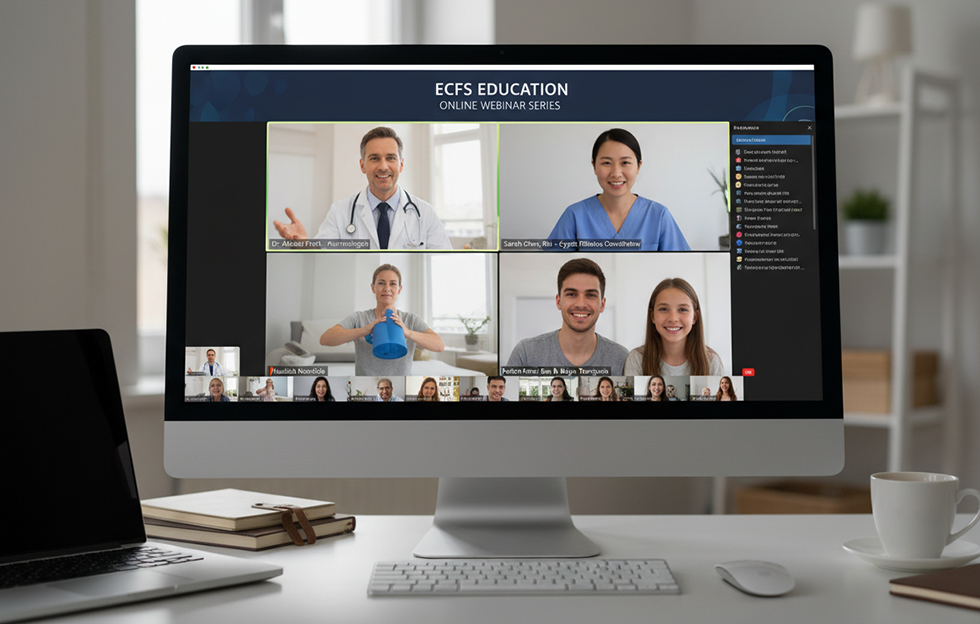

The June call for applicants for the Partnership Project is now closed and we are extremely happy to announce that hospitals and clinics from 15 countries will join us. They are:-
• from Latin America: Colombia, Dominican Republic, Ecuador, Mexico, Uruguay;
• from North Africa: Algeria, Morocco, Tunisia;
• from the Middle East: Jordan, Lebanon, Palestine;
• from Asia: Bangladesh, Nepal, Pakistan, Sri Lanka.

We believe that every person with CF has the right to benefit from what is known about the disease; patient registries that collect information about how CF is diagnosed and treated help to increase that knowledge. The data can be used to improve CF care, lobby governments, contribute to important scientific research – anything that leads to an improved quality of life for someone with cystic fibrosis.
With additional data from thousands of people in three different continents, the ECFSPR Partnership Project will allow us to capture a new picture of CF in areas of the world where, until now, this has not been possible.
Every person with CF has the right to be protected from the unlawful and unethical use of information collected about them. During Autumn/Winter 2025 the successful hospitals and clinics will collect and demonstrate that they have the legal and ethical controls and permissions in place to make sure that these rights are protected. People with CF or their parents or legal guardians must also be informed about the project and give their consent to participate. These procedures come under what we call "Governance" and the ECFSPR has its own legal obligation to ensure they are followed.
This can only start after all the legal obligations have been met. It will be done by staff in the hospitals and clinics who have been trained to use the ECFSPR's data collection software by ECFSPR staff. The data will be summarised from a calendar year, starting with 2024 (the project will run for 5 years) and will be checked by the ECFSPR statisticians to ensure there are no obvious errors.
The ECFSPR statisticians will analyse the data and produce reports to be shared with the partners, the people with CF and the public. The first national reports should be ready by mid 2026.
Due to a lack of sweat testing equipment and limited or no genotyping capacity some of the participating hospitals and clinics face serious challenges when it comes to diagnosing CF; the project aims to close these gaps to improve diagnostic capabilities wherever this is a problem.
The ECFS commitment covers the years 2025 – 2030 and provides, at no cost to participants:
• support to obtain the necessary governance and approval documentation;
• secure data collection software and training in how to use it;
• technical support and assistance with managing the data cycle;
• data quality management, including a visit to the hospital or clinic by ECFSPR data quality staff;
• production of an annual data report;
• evaluation and assistance re. diagnostic challenges.

Pharmacoepidemiological Studies Director

Project Coordination & Monitoring